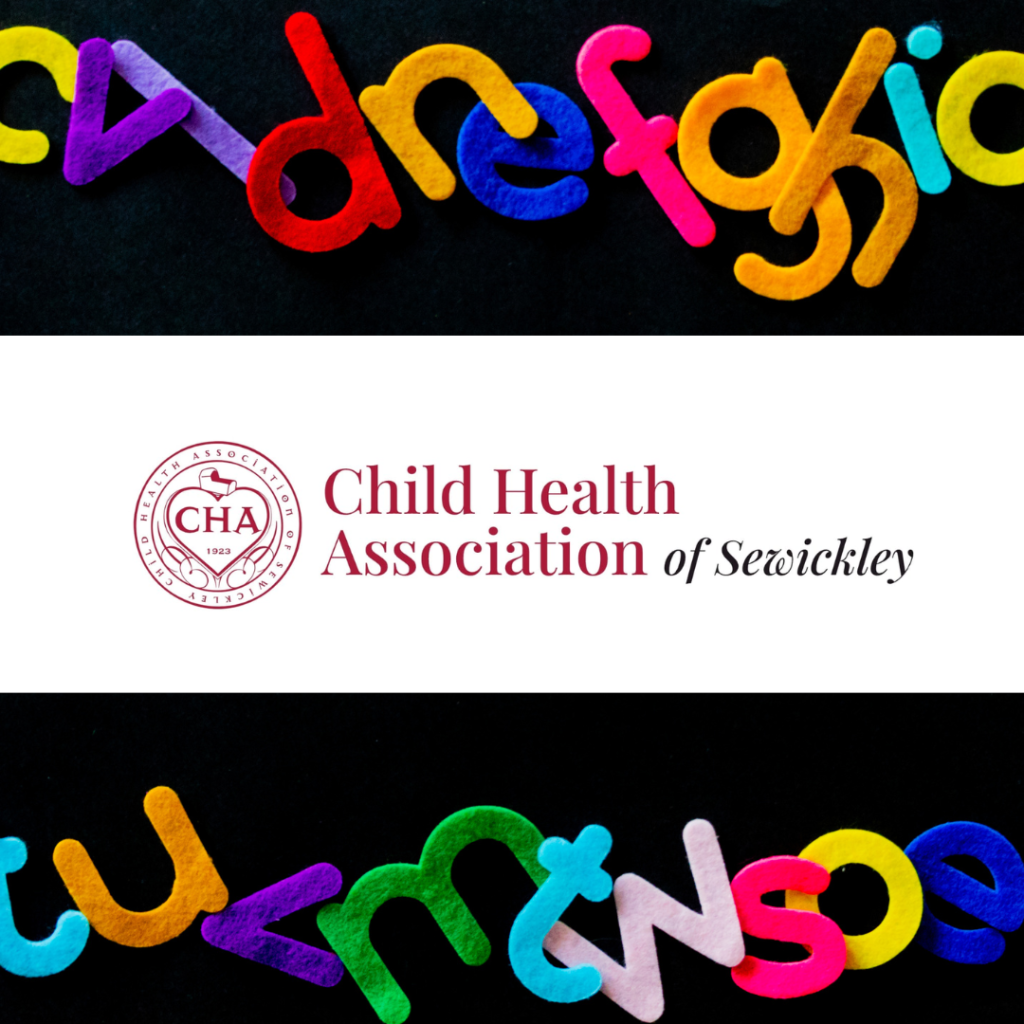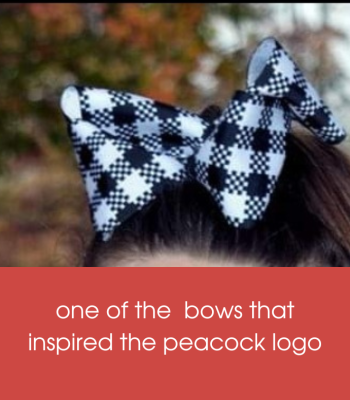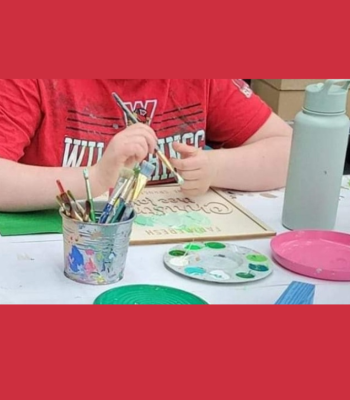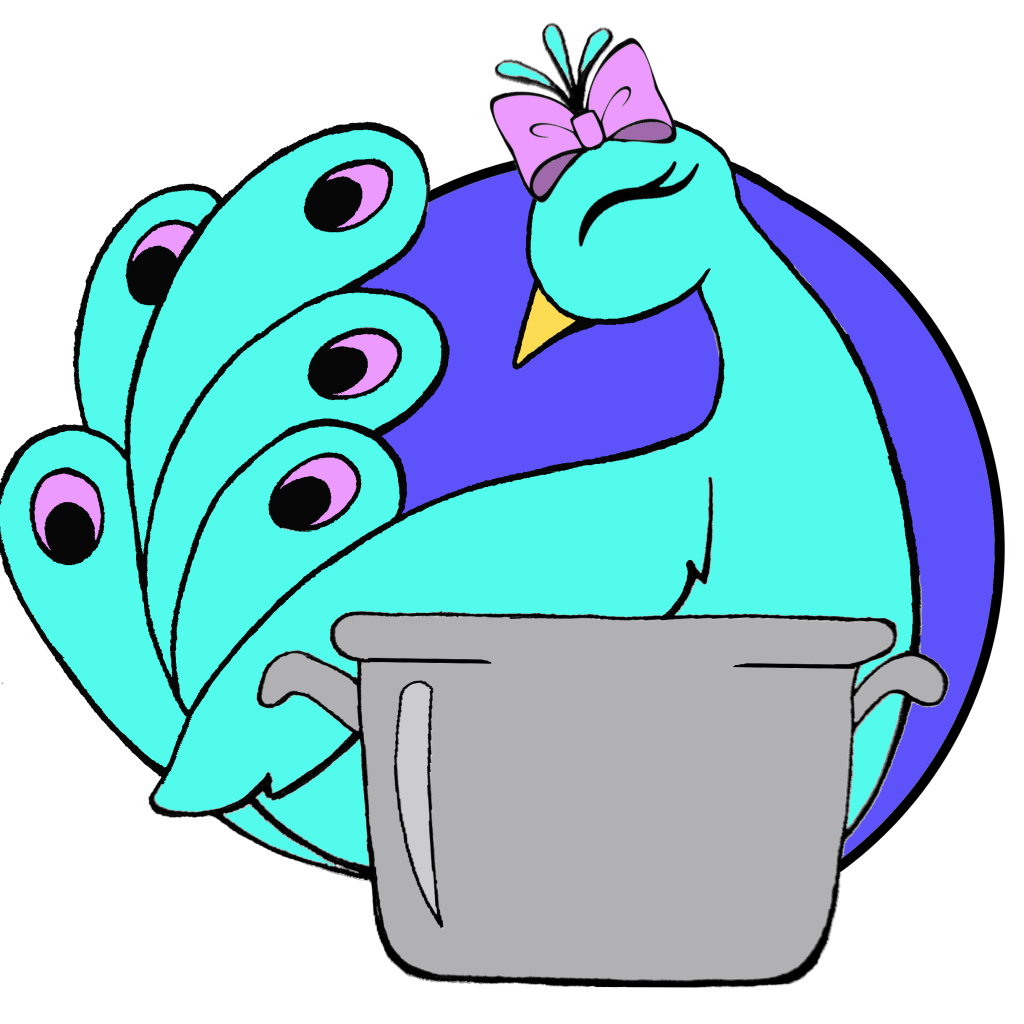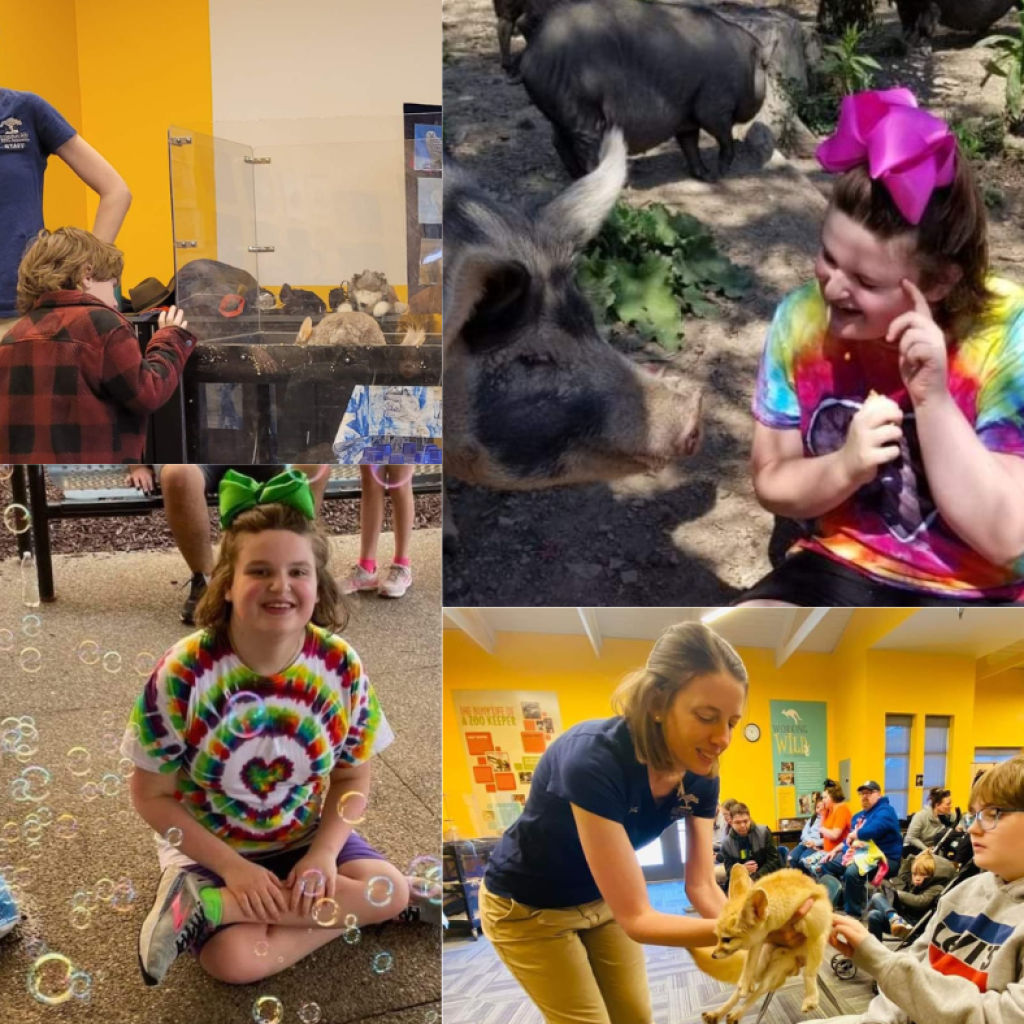Sensory-friendly, inclusive events have become increasingly popular, and in an effort to ensure that all – and we mean all – families feel safe and welcome, we reached out to Astrid Arroyo who often attends events with her son to find out what works for her family. We also spoke with people who choose to stay home to find out why.
The Things that Keep Families Home
Families who have children with complex needs often reach out to Autism Connection looking for resources and support. We noticed that many shy away from large scale sensory friendly events, so we started asking why. One parent shared sensory friendly events aren’t for her teenage son. “They may be inclusive once you’re inside, but really, we just can’t do it. Many people don’t understand the risk going into a busy city really is. Safety is a concern we have to take very seriously.”
Other families share similar barriers:
- Transportation and parking – high stress levels in getting to venues. Parking alone can be overwhelming
- Safety and accessibility – not only do we need to gain access to the venue, we have to make sure there’s a “place” for us. Families that have loved ones who bolt or run quickly have additional concerns.
- Perceived judgement on our loved one’s behavior. Hosts need to be crystal clear that vocalization and movement are welcome and not considered disruptive.
- Venues are too big – can we find welcoming venues on a smaller, quieter scale?
- Inconvenient times – Great. There’s a sensory friendly hour at 9:00am on a Wednesday morning during school and work hours. Thanks.
- Cost – many sensory friendly events are not affordable.
We have to ensure that venues are safe, that staff and volunteers are well trained, accepting and prepared, and that all behaviors are truly welcomed. Smaller, shorter activities may be more appropriate for some families, and not everyone is equipped for long outings. Also, hosts may consider that it can take hours for some families to prepare to leave the house, so scheduling an event in the morning simply won’t work them.
Astrid Shares: The Things that Bring Families Out
When you see Astrid Arroyo, you’re likely to see her son, Kai, active, in the community, and included. We asked her what works for her family.
“For me, the accessibility of the venue and parking are always the main concern. This is the reason I tend to attend events that are outdoors, or in a venue that has outdoor space, and their own parking, or close accessible parking spaces.
We make it work because Kai drives us to it. Kai doesn’t like to stay home at all. He likes to be out surrounded by people, specifically people that are not us. So, I look for as many events as I can that I know he will enjoy, and that I am able to leave him with a staff, or his brother. Sometimes we choose an event big enough that we can watch him from afar.”
Astrid on the Importance of Raising Awareness About Sensory Friendly Events
“Events are not fully communicated to all families that can benefit from them. Not everyone is on social media. Not everyone has the time to go through Facebook or Instagram trying to find events, only to find out the time has passed. Families are overwhelmed 24/7 with the caring of their child, family obligations, doctor appointments, schooling, therapies, work etc. So even with families having access to these events, they forget about them quickly. This is the reason I started my Parent Group to repeatedly post social events that Kai likes, but I fear may go away due to low attendance.
But I wish, honestly, that supports coordinators were made aware of social events and that they would help families with planning to attend them. This applies to adults with aging parents who may not have the energy and patience to take their loved ones to these events.
I would like to find some sort of solution for parents to know what is out there, because events are out there. And people who are willing to host events for our loved ones are out there as well. We just need to figure out what is really needed, how can we make things more accessible to all families, and how can we create more events that are all inclusive.”
Autism Connection thanks Astrid for her insight and for her passion in helping people enjoy life to the fullest. In response, we have created a survey to further identify barriers and to determine what we all can do to help. Whether you’re a parent, friend, autistic adult, professional or other caring person, please take a moment to share your ideas by completing our Sensory Friendly Events Survey or email [email protected].




